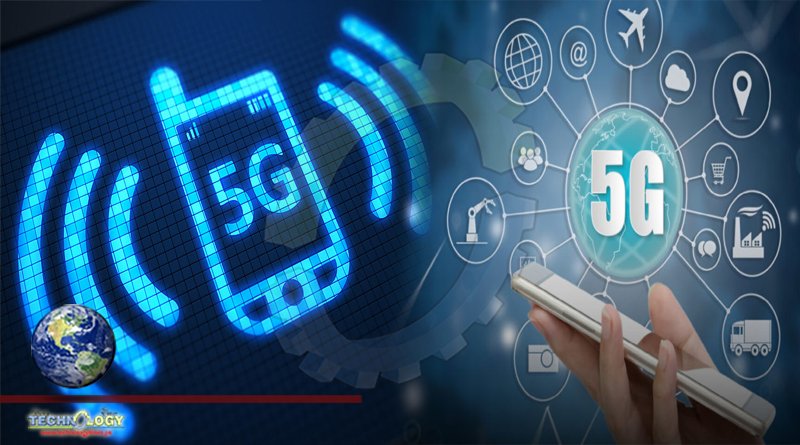5G stands for fifth Generation cellular communication. The term G has been used for the generation of cellular device communication tech.

5G stands for fifth Generation cellular communication. The term G has been used for the generation of cellular device communication technology. The 1st generation of cellular introduced in 1980 as wireless cellular Technology.
The First Generation (1G) technology used voice signals and analogue cellular phones.
In 2nd generation (2G) technology which was introduced in Finland by Radiolinja in 1991; GSM was introduced for a global mobile communication system.
The 3G technology was brought into use in the mid-2000s. This was a high-speed Downlink packet access (HSDPA).
Initially, the speed of 3G was 42Mbits/s downlink and 84Mbits/s. A telephony communication protocol in high-speed packet access used; later, 3.5, turbo G and 3G+ were utilized as network-based Mobile Telecommunication System (UMTS) with higher speed data transfers.
The Industry began looking to data-optimized 4th G technologies up to 10-fold over existing 3G Technology.
4G was used for high-quality audio/video streaming and were based on the elimination of circuit switching.
It was introduced in Scandinavia by Telia Sonera. Verizon Communication Inc is a multinational company based in America.
In the mid of 2018, a trial of 5G was run successfully in different markets, as technology evolves from time to time and customers use it in vast arrays of services.
5G have been linked with big data, Internet of Things (IoT) broadband and mobile communication and almost implemented in 11 Markets of USA.
In an annual report of PTA 2020, it is argued that a new road map is developed to launch 5G technology in the mid of 2022.
This will help Pakistani citizens to avail the fastest speed for mobile usages. It will also bring a positive change in library services.
A question raises in mind as, why mobile devices could be launched in the library services. The evolving technology has been transformed into new shapes and are useful for Internet savvy.
The present generation has highly been intoxicated and usually they use different devices for communications to connect world states. Smart Phone, Cell Phones, Tablets, iPod, IPad, MP3 players are a few notable examples.
The libraries convert from traditional set-up to modern information networks to connect users with information through the World Wide Web (WWW) and Mobile devices.
Today’s age is the age of Information Technology. The Digital Technology has provided the fastest access to information, the libraries to rethink and remodel their services by adopting technological changes.
The mobile phone has become an essential part of our lives. It is a source of communication and connects the world with information via Internet.
In such a changing scenario, mobile technology will be a massive help for libraries on providing user-oriented services to users.
Embedding mobile technology in library services will help the users in catering handsome stuff.
Mobile networks has become more reliable and commendable sources to access the digital contents exist in the libraries.
University libraries are the hub of research activities, and the implementation of 5G technology will help the researchers obtaining digital resources.
Almost in many developed countries, 5G technology is embedded in library services as smart library projects.
The 5G is one of the most advance communication protocol and mobile internet hotspots for the fastest communication of library users with electronic resources.
In modern innovative smart libraries, China has already combined 5G with cloud computing, big data and information communication etc. 5G based smart libraries creates a new height for library and Internet Savvy.
This will provide comfortable environment and convenient ways for library users. The 5G will double the research output of Pakistani students.
To break the limitation of traditional libraries, the advanced 5G communication technology will enhance research output of Pakistan in different fields. The 5G is an innovative design of a smart library.
Presently, in developed countries like the US, China and Britain, 5G Chip has been introduced and run successfully.
However, still, many developing countries like Pakistan is vigorously planning for 5G network-based stations.
The year 2023 is ray of hope for Pakistani students and will make positive changes in internet speed. 5th Generation (5G) Technology is an inevitable development.
Connecting Libraries with 5G technology will foster a positive change for common Pakistani (inclusively), students.
—The writer is working as Library Officer in Institute of Strategic Studies, a think-think based in Islamabad.
Originally published at pakobserver
